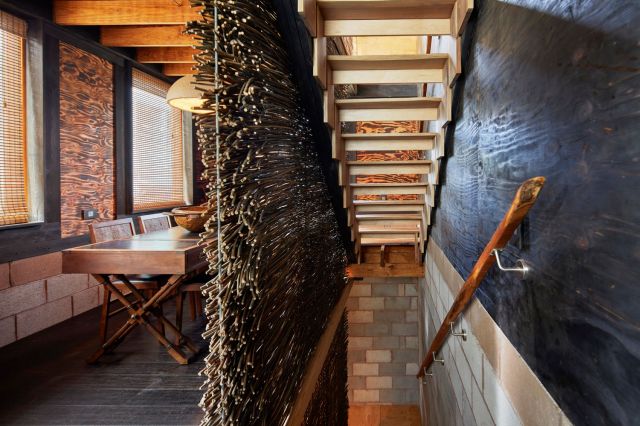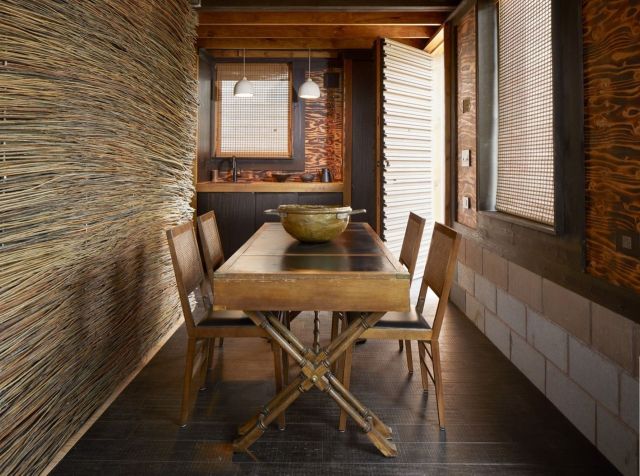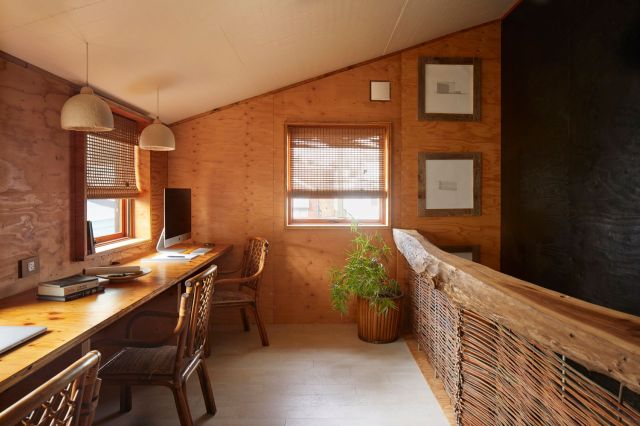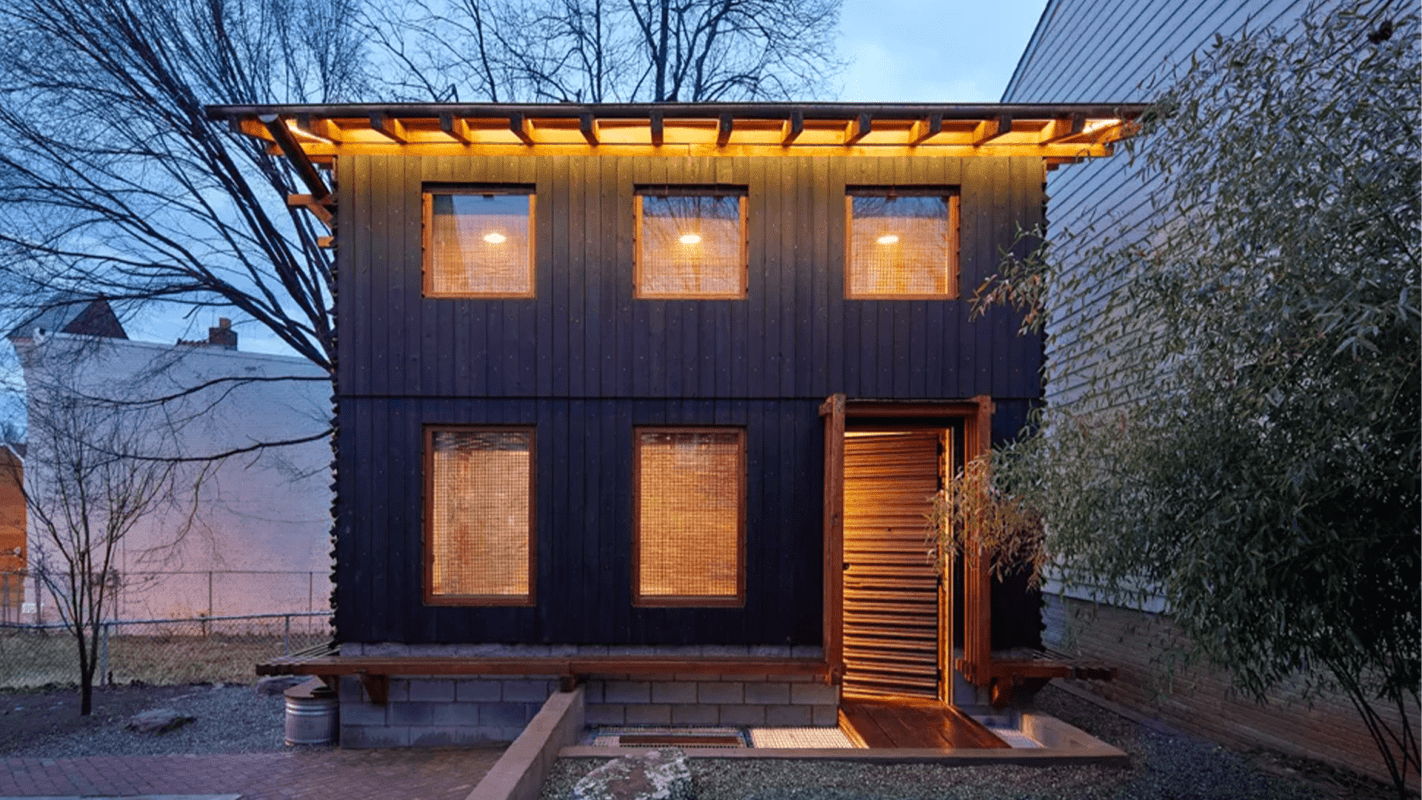Known simply as "The Grass House," this home is the first code-compliant bamboo building on the American East Coast, and it represents a total change in how we could construct the houses of the future.
Located in Washington, D.C., and built by the architecture and development company BLDUS, the Grass House seeks to push the construction industry in a different, greener direction. Similar to wood, bamboo is a carbon-storing material, which means that it traps polluting gases within its fibers which may otherwise find themselves in the atmosphere, contributing to the overheating of our planet.

It's also highly sustainable, as a bamboo harvest can be replaced in as little as three to five years, compared to a tree forest which can take almost 30 years or more to reach the point of harvest.
If bamboo can be popularized as a comparably priced alternative for building projects, it may become an even better option, as bamboo growing operations may spread beyond their usual locations in eastern Asia, which necessitates costly (and environmentally harmful) transport by cargo ship to the rest of the world.

Currently, the building of homes and other structures is responsible for at least 40% of the solid waste that ends up in landfills, making it one of the most prolific forms of waste in terms of volume and weight.
Many of these discarded building materials (like concrete, fiberglass, stone, steel, and tile) will take hundreds of years to break down fully and will also generate significant amounts of polluting gases during their creation and transportation.

In fact, concrete is one of the biggest culprits in the heating of our planet's atmosphere, which is responsible for the increasing frequency of extreme weather events and droughts.
The Grass House — so named because bamboo is actually a type of grass, and not wood — is a fantastic example that we don't need to reinvent the wheel when it comes to eco-friendly construction practices or await some yet-uninvented technology that may help us solve our problems.
Join our free newsletter for easy tips to save more, waste less, and help yourself while helping the planet.








